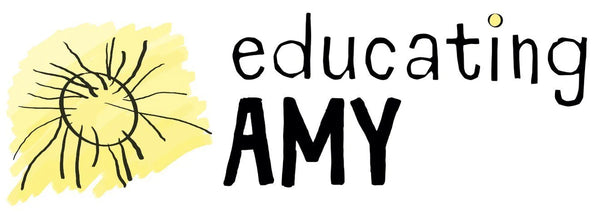A new Harvard study is reshaping what we know about early childhood literacy. According to researchers, reading skills and difficulties can emerge as early as 18 months—much earlier than the traditional focus on preschool and kindergarten years. This discovery has major implications for parents, educators, and anyone invested in a child’s learning journey.
The Study’s Surprising Findings
The research team tracked hundreds of children from infancy, using a mix of behavioral assessments and brain imaging. They found that some children begin to show early signs of reading readiness—or potential struggles—well before age two. These early indicators include how children respond to spoken language, recognize patterns in sounds, and engage with books and stories.
Why Early Detection Matters
Identifying reading challenges at such a young age means intervention can start sooner, making it easier to close gaps before they widen. The earlier parents and teachers can spot signs of difficulty, the more effective support strategies—like targeted reading activities, language-rich play, and professional guidance—can be.
What Parents and Educators Can Do
- Read Aloud Daily: Even with babies, reading together builds foundational skills.
- Talk and Sing: Everyday conversations and songs help children recognize sounds and patterns.
- Watch for Early Signs: If your child seems less interested in books or struggles to follow along, consider consulting an expert.
- Create a Book-Friendly Environment: Keep books accessible and make reading a fun, shared activity - like with your favourite quiet book!
The Takeaway
This Harvard study makes it clear: the path to reading success starts much earlier than we once believed. By paying attention to early signs and fostering a love of language from infancy, parents and educators can give every child a stronger start on their reading journey.

